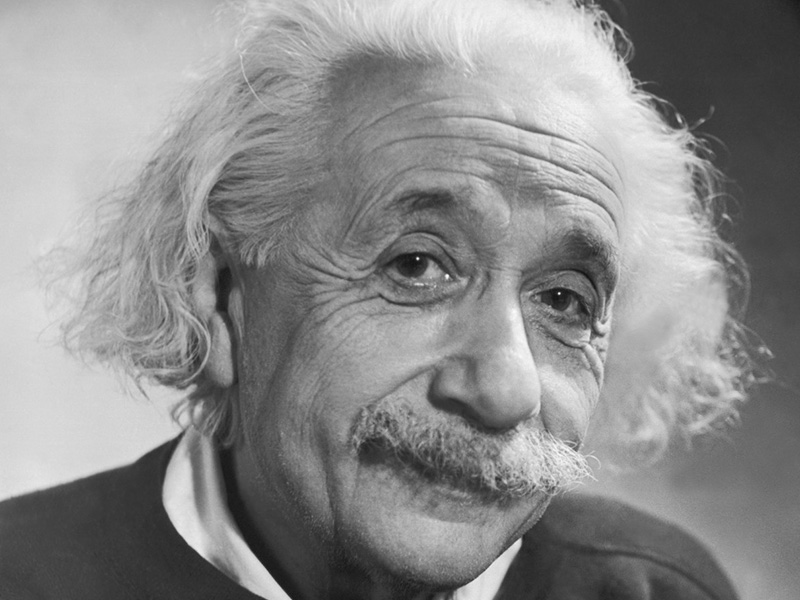An individual’s public persona doesn’t always match his or her private thoughts. While this may sound like a reasonable analysis on the surface, it’s astonishing how many people are stupefied when this scenario plays out in real life.
Here’s an example. Did you know that Albert Einstein, the great scientist and humanitarian, privately harboured racist beliefs?
Well, it’s true. The man who once suggested racism was “a disease of white people” was, in fact, a victim of this very disease, too.
Princeton University Press recently released some personal (and previously unseen) handwritten journals in a one-volume collection, The Travel Diaries of Albert Einstein. The notes related to his travels through China, Singapore, Hong Kong, Japan, Palestine and Spain between October 1922 and March 1923.
Einstein described the Chinese community as “industrious, filthy, obtuse” and resembling a “peculiar herd-like nation…often more like automatons than people.” He also wrote how the “Chinese don’t sit on benches while eating but squat like Europeans do when they relieve themselves out in the leafy woods. All this occurs quietly and demurely. Even the children are spiritless and look obtuse.”
In his opinion, it “would be a pity if these Chinese supplant all other races. For the likes of us the mere thought is unspeakably dreary.”
It doesn’t stop there.
Einstein wrote that the local Colombo community in Ceylon (now Sri Lanka) “live in great filth and considerable stench at ground level…[they] do little, and need little. The simple economic cycle of life.” And while the Japanese were depicted as “unostentatious, decent, altogether very appealing…Pure souls as nowhere else among people. One has to love and admire this country,” he argued that the “intellectual needs of this nation seem to be weaker than their artistic ones – natural disposition?”
Ze’ev Rosenkranz, the book’s editor and assistant director/senior editor of the Einstein Papers Project at the California Institute of Technology, was stunned by these diary entries. He told The Guardian on June 12, “I think a lot of comments strike us as pretty unpleasant – what he says about the Chinese in particular. They’re kind of in contrast to the public image of the great humanitarian icon. I think it’s quite a shock to read those and contrast them with his more public statements. They’re more off guard, he didn’t intend them for publication.”
Fair enough, but let’s examine this matter a bit more closely.
How many CJN readers were really that shocked to learn that Einstein privately held racist views against Asians? Yes, it wasn’t public knowledge – and it’s entirely possible these positions either modified or disappeared before his death in 1955. But it would have been foolish to assume Einstein was some sort of radical free thinker in an era when prejudice and distrust were commonplace in every nook and cranny of the world.
Or, are you one of those incredibly naive souls who actually believed Einstein’s Jewish background would have precluded him from being a bigot?
Well, it doesn’t. There have been Jews throughout history who have robbed, cheated, murdered and, like Einstein, hated others for inexplicable reasons. Just like every other religious and racial community, as it happens.
READ: THE LIFELONG WANDERLUST OF CHARLES KRAUTHAMMER
South China Morning Post senior writer Alex Lo summed it up nicely when he wrote on June 15, “Einstein was a deeply flawed human being. Should that surprise anyone who knows something of human nature. Only saints are saints. W. B. Yeats famously wrote: “The intellect of man is forced to choose/Perfection of the life, or of the work.””
Einstein may have successfully separated his public humanitarian image from his private racist views longer than most. Yet, the man who discovered the theory of relativity and revolutionized the scientific community was far from perfect – and a by-product of his time.
